Wander Wisely: Your Essential Guide to Safer Adventures Abroad
Muhe - Thursday, 10 July 2025 | 02:00 PM (WIB)
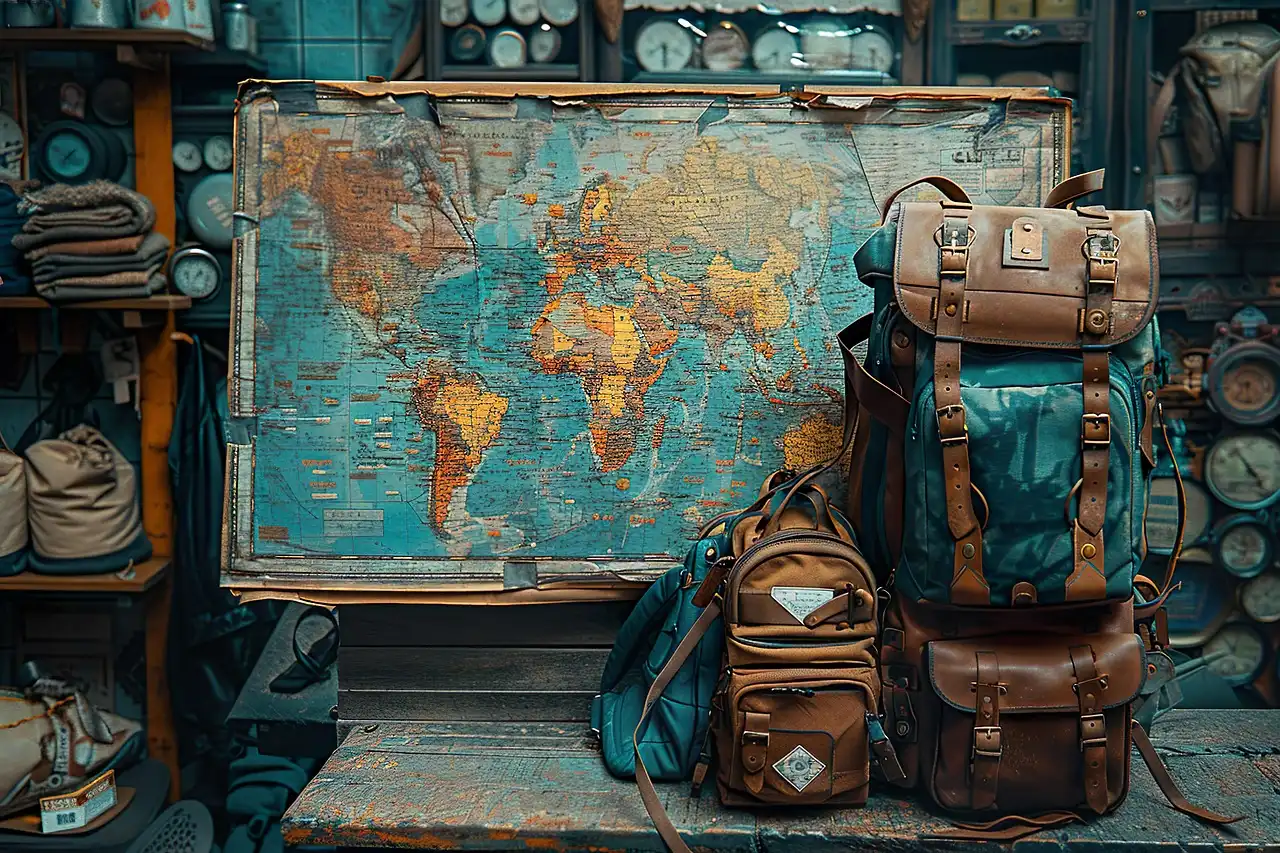

Before You Even Pack: The Prep Work That Pays Off
You know that giddy feeling when the plane tickets are booked and the countdown begins? That's the perfect time to channel that energy into some practical prep. Trust me, a little groundwork goes a long way. This isn't just for the super-organized types; it's for anyone who wants a smoother, safer journey.- Do Your Homework: Google is your best friend here. Before you even think about packing that fifth pair of shoes, dive deep into your destination. What's the local vibe? Are there any cultural norms you should be aware of, like dress codes for certain sites or common greetings? More importantly, check the current travel advisories from your government. Seriously, a quick look can tell you if there are any political hotspots or recent natural disasters that might make your trip a bit dicey. You don't want to land somewhere only to find yourself in a situation you could have easily avoided.
- Travel Insurance: Your Invisible Safety Net: Okay, nobody likes thinking about things going wrong, but they do. Lost luggage, a sudden illness, a missed connection – these aren't just inconveniences; they can be wallet-draining nightmares. Travel insurance is like a superhero cape for your finances. It's often not that expensive, and it can save you from a world of hurt. Don't skimp on this one; it's a non-negotiable for smart travelers.
- Document Duplicates & Digital Backups: Make photocopies of your passport, visa, flight tickets, and hotel reservations. Stash one set in a separate bag, and leave another with a trusted person back home. Even better, scan them and save them to a secure cloud service (like Google Drive or Dropbox) that you can access from anywhere. If your bag goes missing, you'll thank yourself for this.
- Inform Your Inner Circle: Give your family or a close friend your itinerary, including flight details, accommodation names, and rough plans. Check in with them periodically. It's not about being babied; it's just a good practice so someone knows where you are and when.
- Pack Smart, Not Just Light: Think about the essentials. A small first-aid kit with basics like band-aids, antiseptic wipes, and pain relievers is always a good idea. Also, consider a power bank for your phone – a dead battery in an unfamiliar place can be surprisingly stressful. And maybe leave the dazzling diamond necklace at home; flashier items can make you a target.
On the Ground: Navigating Your Destination Like a Pro
You've arrived! The energy is palpable, the sights and sounds are new, and your adventure is officially underway. Now's the time to switch into "aware mode" without letting it dampen your excitement. This is where your street smarts really kick in.- Situational Awareness is Your Superpower: Ever notice how some people walk around with their heads buried in their phones, oblivious to everything? Don't be that person. Keep your head up, observe your surroundings, and notice who's around you. Trust your gut feeling – if a situation or a person feels off, it probably is. Just casually change direction or step into a shop. No need for drama, just smart moves.
- Public Transport & Taxis: Know Before You Go: Research the safest and most reliable transportation options. For taxis, always use licensed ones, and if possible, arrange them through your hotel or a reputable app like Uber or Grab (where available). Always confirm the fare or ensure the meter is running before you set off. For buses and trains, keep your belongings close, especially in crowded areas where pickpocketing can be an issue.
- Accommodation Safety: Make It Your Sanctuary: When you check in, locate emergency exits. Always use the deadbolt and any secondary locks on your door. Don't leave valuables lying around, even in your room. If your room has a safe, use it! And when you leave, ensure your windows and doors are securely locked.
- Money Matters: Divide and Conquer: Avoid carrying all your cash and cards in one place. Split it up – some in your wallet, some in a money belt or a hidden pocket, and a spare card back in your accommodation. Limit the amount of cash you carry daily. ATMs are generally safe during the day, but be wary of secluded ones, especially at night.
- Food & Water: An Ounce of Prevention: Traveler's tummy is no fun. Stick to bottled water, especially if you're unsure about tap water quality. For food, generally, if it's hot and cooked thoroughly, you're good. Be a bit more cautious with street food unless it's bustling with locals – that's usually a good sign!
- Stay Connected (But Not Glued): A local SIM card can be a lifesaver for navigation, emergencies, and staying in touch. Just make sure you're not constantly staring at your phone, making yourself an easy target. Enjoy the moment, but know you can connect if you need to.
The Unseen Layers: Mindset and Instincts
Beyond the practical tips, a significant part of safe travel is your approach and how you carry yourself. It’s about projecting confidence without being arrogant, and being open to new experiences without being naive. It's a delicate balance, but totally doable.- Don't Be an Obvious Target: This isn't about blaming victims, but about understanding how to make yourself less appealing to opportunists. Avoid ostentatious displays of wealth. If you're using an expensive camera or phone, be discreet. Try not to look completely lost, even if you are. A quick glance at a map or phone is fine, but don't stand there for five minutes looking utterly bewildered.
- Trust Your Gut: This is arguably the most important safety tip of all. If a situation or a person makes you feel uneasy, listen to that little voice. It's your intuition trying to protect you. Don't feel obligated to be polite if something feels wrong. A firm "no thank you" and walking away is perfectly acceptable.
- Say No to Strangers (Sometimes): While meeting locals can be a highlight of any trip, be cautious. If someone approaches you with an overly elaborate story, a "special offer," or tries to steer you to an unfamiliar location, politely decline and move on. Scams are sadly common in many tourist areas.
- Know Your Limits: This applies particularly to alcohol and other substances. Impaired judgment makes you incredibly vulnerable. Know how much you can handle, and always keep an eye on your drinks.
What If Things Go Sideways? Emergency Preparedness
Even with the best planning and utmost caution, sometimes things just happen. It’s not a reflection on you, just life doing its thing. Having a contingency plan makes a world of difference.- Emergency Numbers: Know Them Cold: Have the local emergency number (police, ambulance, fire) saved in your phone. Also, know the contact information for your country's embassy or consulate in your destination. They are there to help their citizens in a bind.
- Emergency Fund: Have access to a small emergency fund, separate from your main travel money, for unexpected situations. This could be a credit card you don't use daily or a small amount of cash in a super-secure place.
- Speak Up (If Necessary): If you do find yourself in a difficult situation, don't be afraid to make noise, draw attention, or seek help from people nearby.
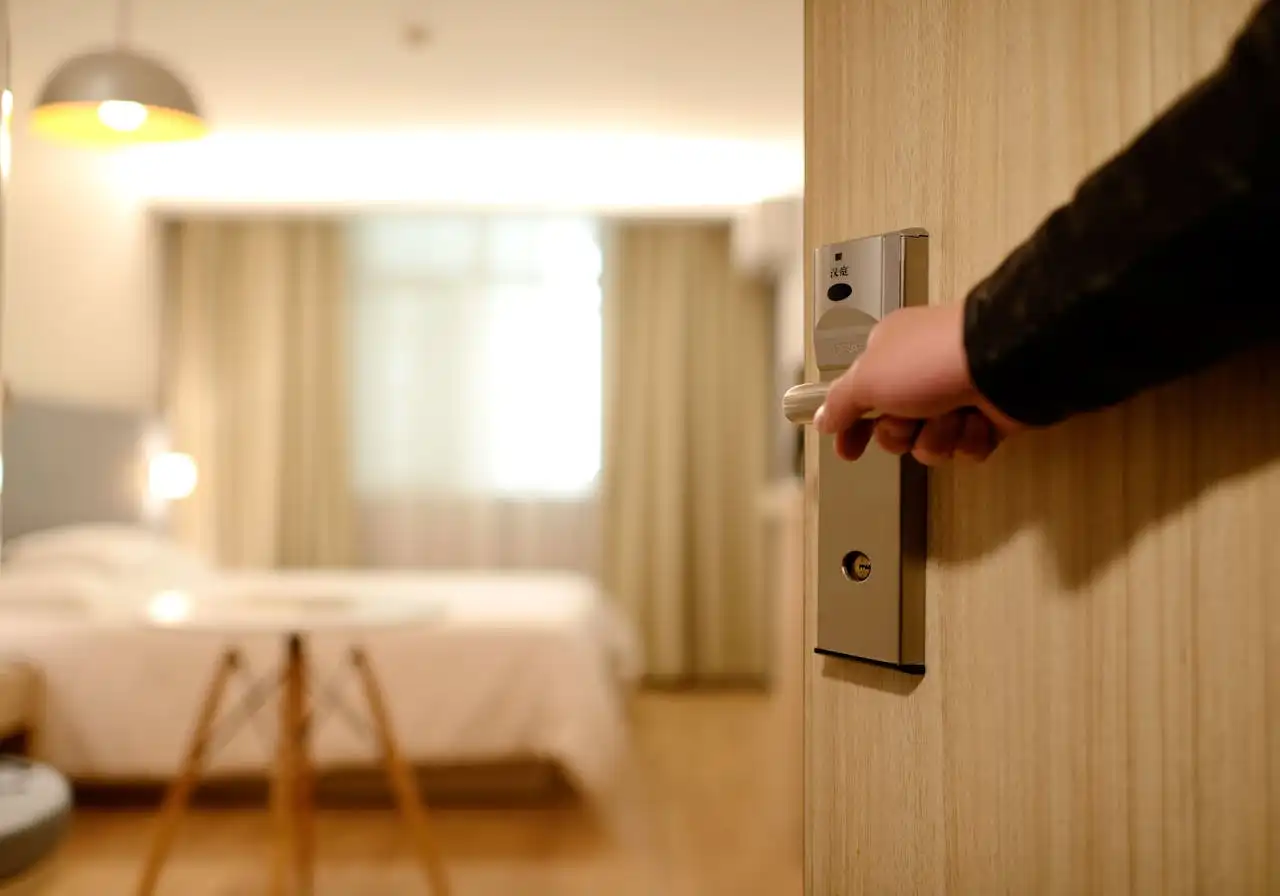
Your Ultimate Guide to Nailing That Weekend Getaway Hotel Stay
6 months ago
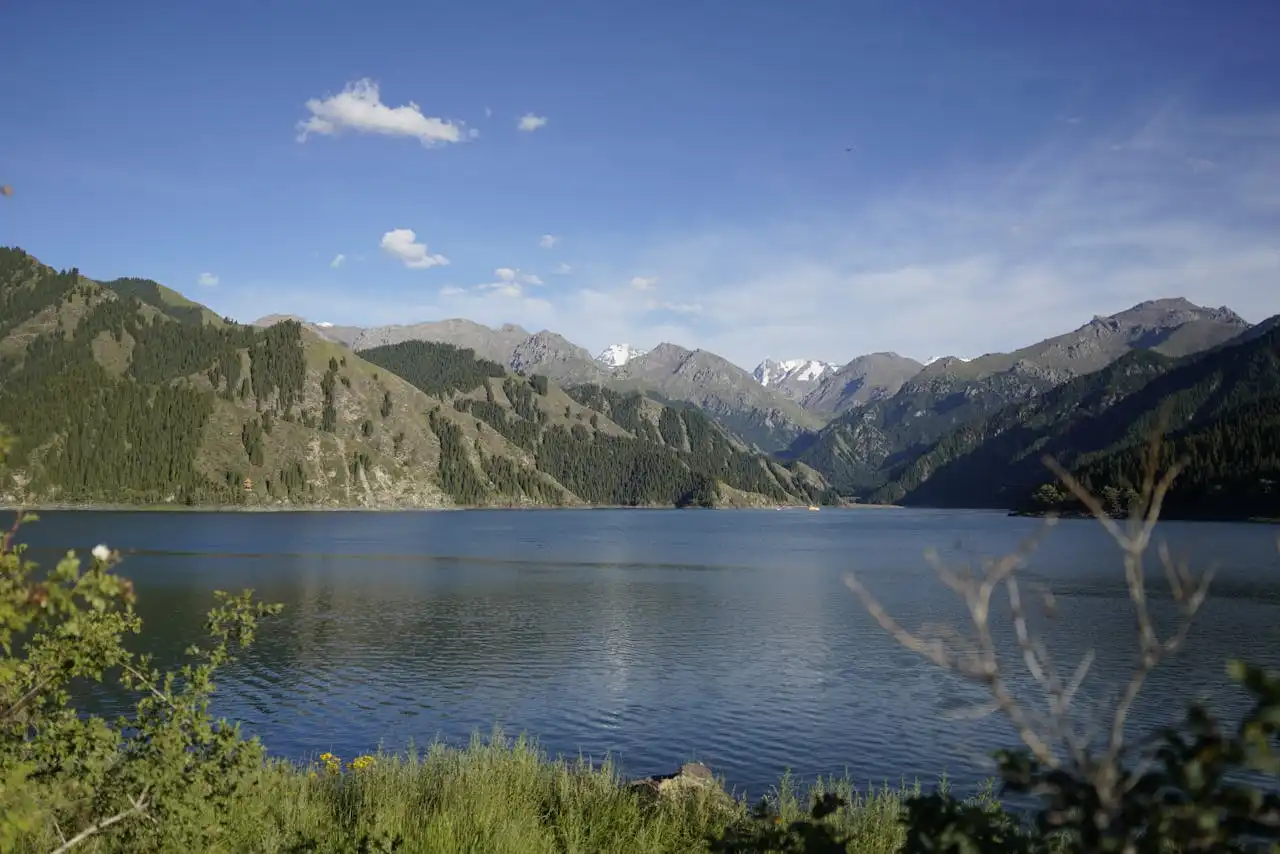
Secret Natural Beauty: What are Kazakhstan's Must-Visit Natural Tourist Attractions?
6 months ago

New Travel Rules for Japan in 2025: What Travelers Need to Know
6 months ago

Beyond the Beaten Path: Unveiling Japan's Next-Level Hidden Gems
6 months ago

From Blighty to Bali: Why Japan and Indonesia Are Stealing British Hearts (and Holiday Plans)
6 months ago
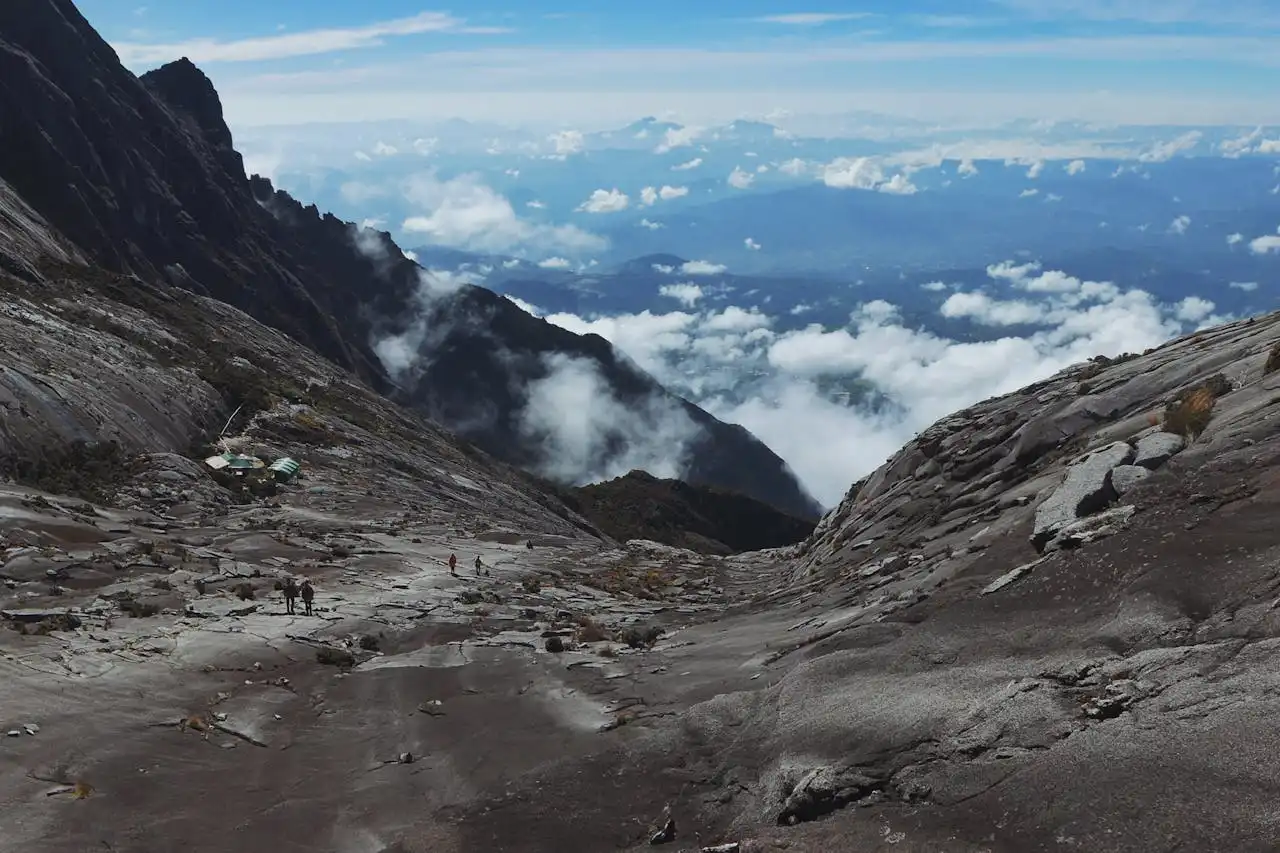
Forget What You Heard: Malaysia is the Climbing Paradise You Never Knew Existed
6 months ago

Your Solo Staycation Survival Guide: How to Ace That Me-Time Without a Hitch
6 months ago
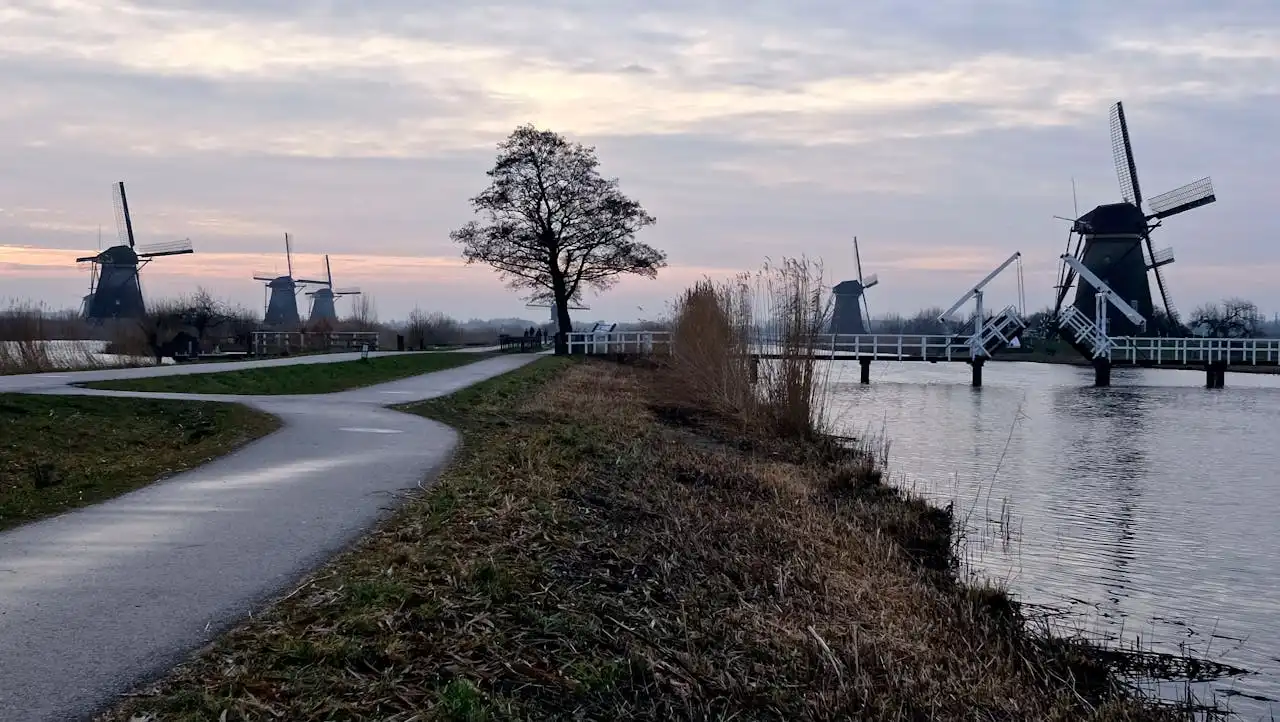
Windmills and Wallets: Kinderdijk's Iconic Landscape Faces a Fee Furore
6 months ago

From Screen to Scene: How K-Dramas Are Turning Filming Locations into Fan Pilgrimages
6 months ago
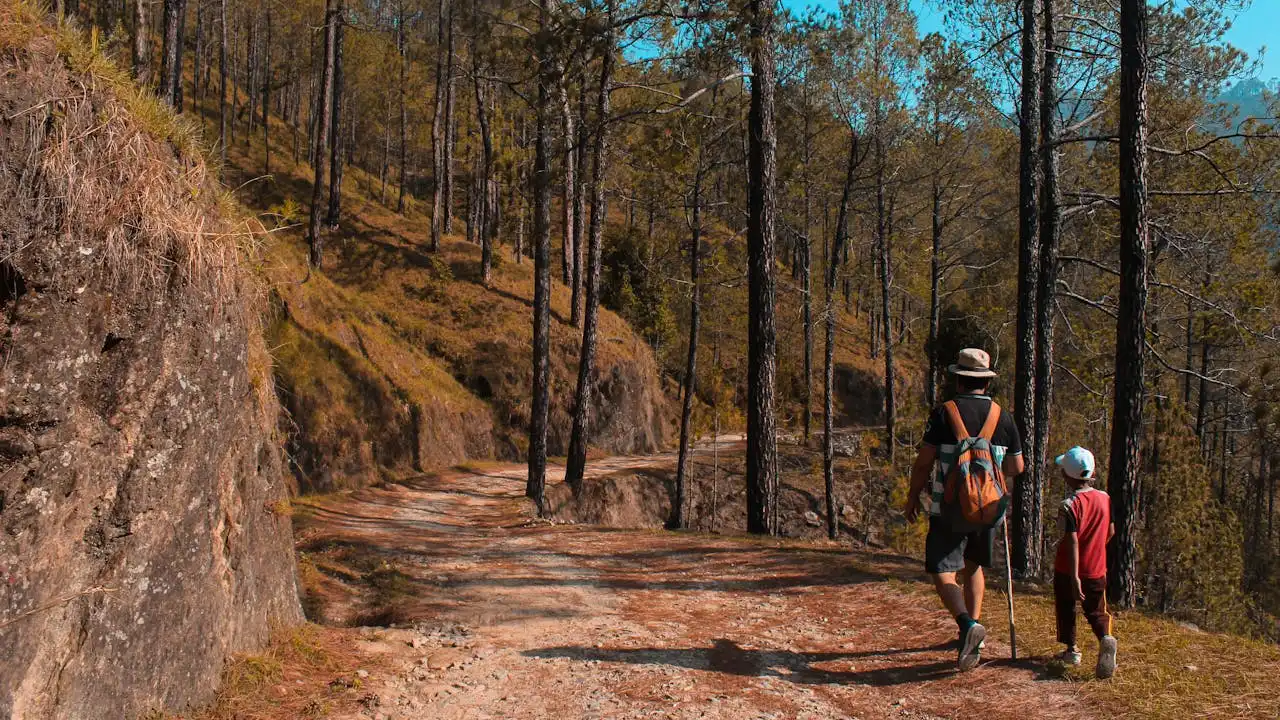
Want to Start Backpacking? These Countries Offer Captivating Beauty at Low Cost
7 months ago
